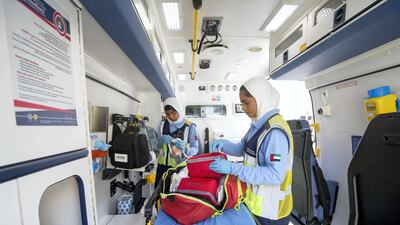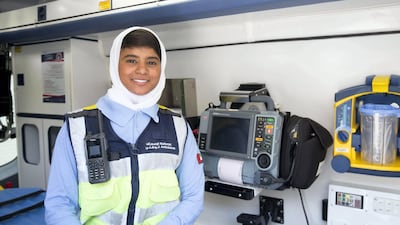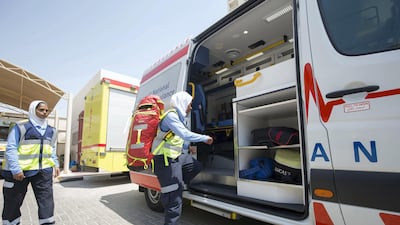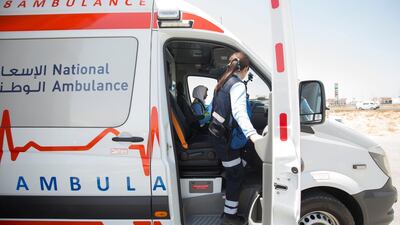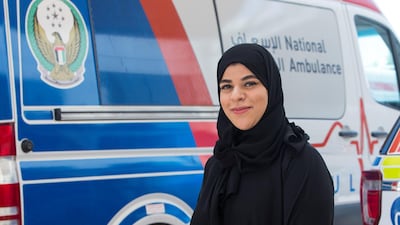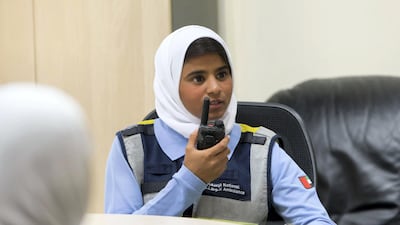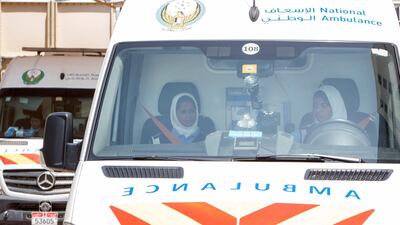A study of pregnant women in the UAE that aims to improve health outcomes for mothers and children for generations to come has recruited its 10,000th participant.
The Mutaba'ah Study, named after the Arabic word for follow-up, is the largest mother-and-child study in the UAE and will monitor the Emirati women's children until they reach at least 16 years of age.
Recruitment for the study, which takes place at hospitals in Al Ain, began four years ago and researchers have already begun to publish findings.
They have identified that many women are late seeing a doctor after becoming pregnant, and that there is a lack of knowledge about modes of delivery, such as natural birth or Caesarean section.
The principal investigator of the project, Dr Luai Ahmed, an associate professor at UAE University, described the study as "a broad platform for scientific research that will last for generations".
“In the Mutaba’ah Study, the mothers and children will be followed up closely with repeated questionnaires and data collection,” he said.
“The aim is to secure epidemiological data around maternal and child health in the country.”
The study allows researchers to relate the health outcomes of the mothers and their children to their maternal experiences and early-life exposures, providing information that will improve the well-being of both.
Longitudinal studies such as this, which involve taking repeated measures of people over time, have often yielded valuable information.
Researchers say such studies are particularly useful for analysing the long-term associations between various exposures and health outcomes, and disease development and prognosis.
The most famous is the Framingham Heart Study from the US, which began in 1948 and has yielded more than 3,000 scientific papers.
Now involving third-generation participants, the study identified key factors, including diet and exercise, that affect whether a person develops cardiovascular disease.
Improving education and baby mortality
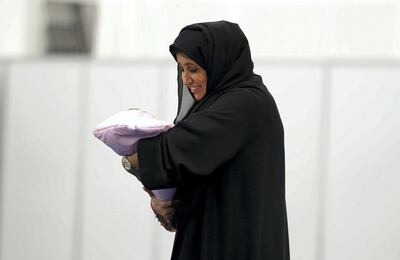
Research already published from the Mutaba'ah Study, based on results from 1,303 pregnant women, indicated that almost four in five, especially younger women or those who had previously had a Caesarean, lacked knowledge about modes of delivery.
Nearly one in five pregnant women in the UAE delivers by Caesarean, said Dr Rami Al Rifai, an associate professor at the university and an author of the research.
He said when women were better informed about Caesareans and potential complications, they less often opted for such deliveries if medically unnecessary.
“Therefore, educating women and raising their awareness may contribute to a reduction in unnecessary Caesarean section deliveries, which in turn will reduce the risks of maternal and newborn morbidity and mortality as well as saving healthcare resources,” he said.
Other research, involving 1,737 participants, indicated that women should often see a medical professional sooner after becoming pregnant.
“The results highlighted the high percentage of pregnant women who are late in starting to see a doctor to follow up on their pregnancy, which may negatively affect the pregnancy,” said Dr Ahmed.
Women who previously had at least two miscarriages were more likely to suffer from adverse pregnancy outcomes.
“Such results call for a doubling of the effort to strengthen mothers’ awareness of the importance of early follow-up of pregnancy, and to increase medical attention and support for those who have suffered a previous pregnancy loss,” said Dr Ahmed.
While the Mutaba'ah Study will follow children until they are 16, it may continue to collect data when they are older, reflecting its aim of being a long-term project.












